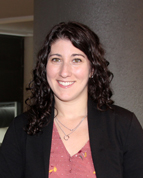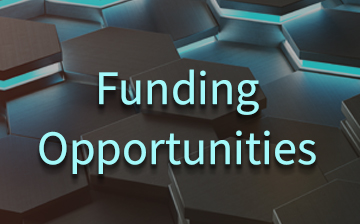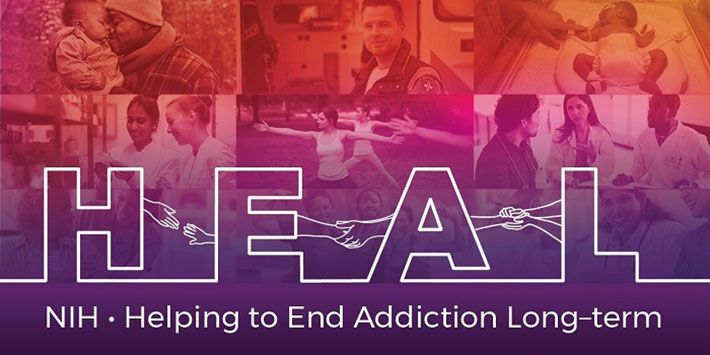

NIBIB is playing a major role in the National Institutes of Health (NIH) HEAL (Helping to End Addiction Long-term®) Initiative, a trans-agency effort focused on improving prevention and treatment strategies for opioid misuse and addiction and enhancing pain management. Launched in April 2018 with funding from Congress, the HEAL Initiative brings new hope for people, families, and communities affected by the national opioid public health crisis.

Notice of Funding Opportunity Announcements (NOFO)

Webinars
Three webinars were held on December 2018 that introduced the audience to the funding opportunity announcements, Notice of Funding Opportunity (NOFO), all seeking to develop medical devices to treat pain. These NOFOs support different degrees of technological maturity. All focus on approaches that target the nervous system to provide the therapeutic, rehabilitative, or diagnostic capability.
Click here to download webinar slides.
In this video, Bruce Tromberg, Ph.D., director of the National Institue for Biomedical Imaging and Bioengineering, and Helene Langevin, M.D., director of the National Center for Complementary and Integrative Health, introduce a new funding opportunity from the NIH HEAL®(Helping to End Addiction Long-term) Initiative that will focus on the development of innovative quantitative imaging and relevant biomarkers of myofascial tissues for pain management.


